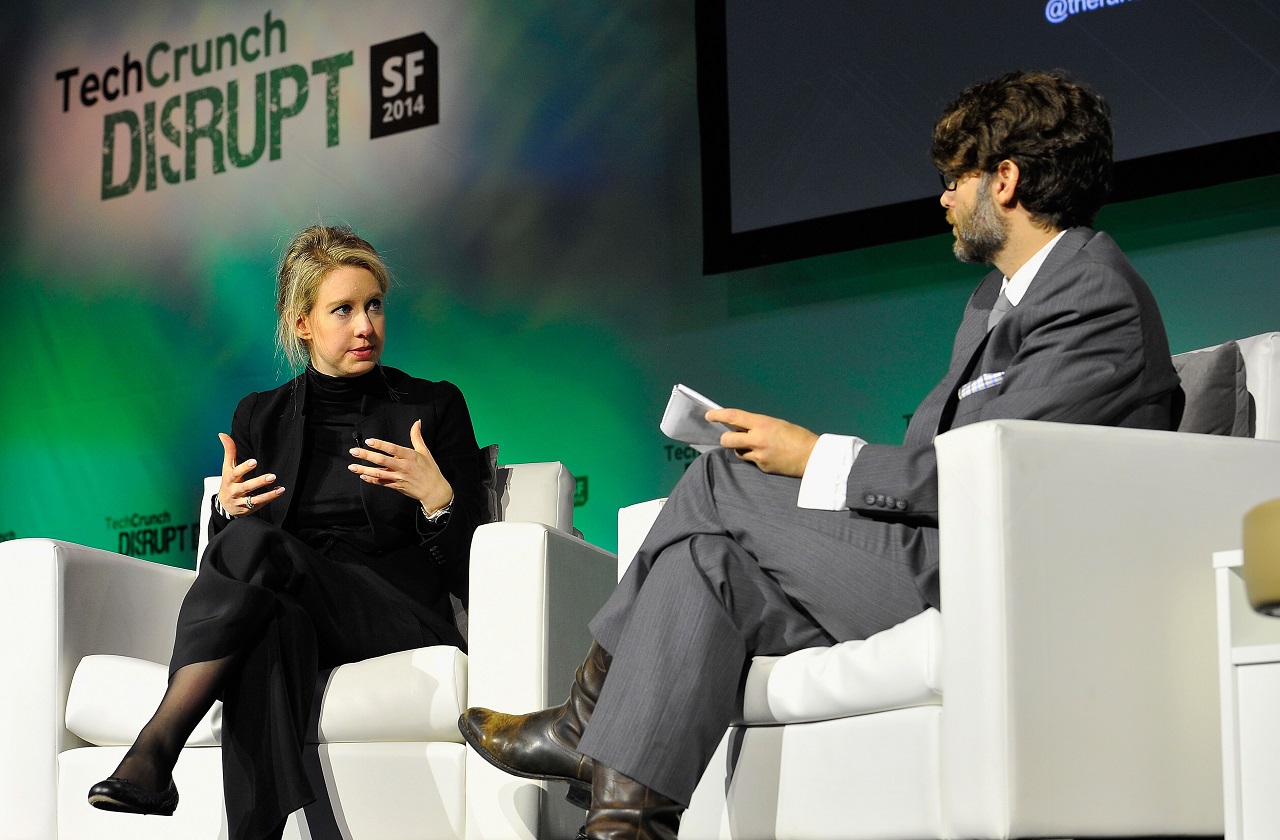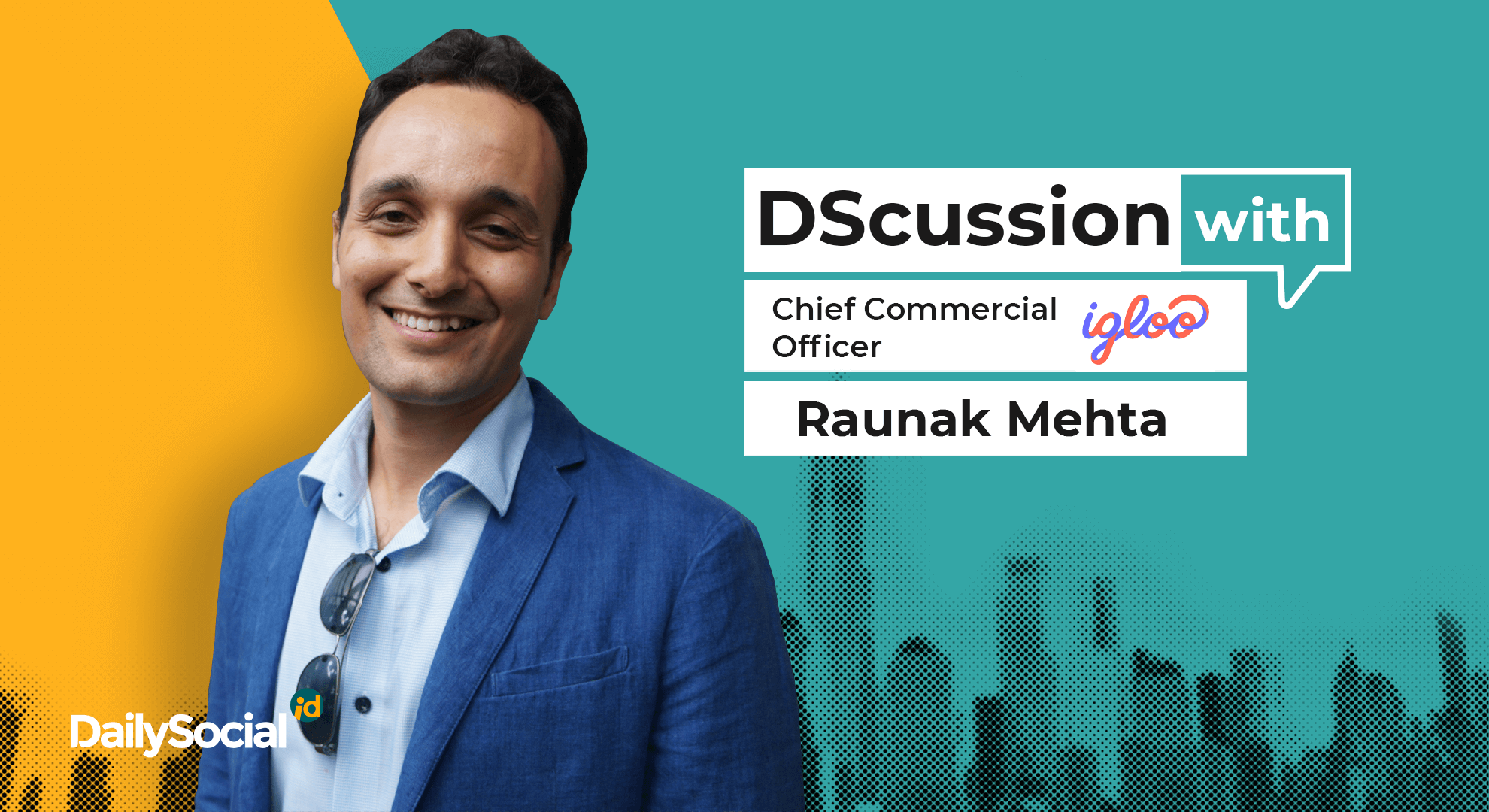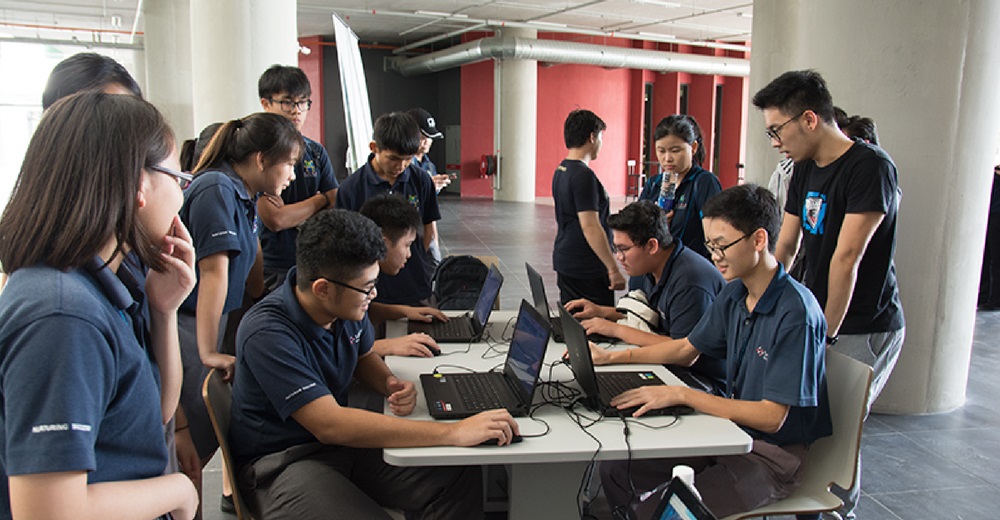This article is a part of DailySocial’s Mastermind Series, featuring innovators and leaders in Indonesia’s tech industry sharing their stories and point of view.
“Starting a new venture never seems to get old for me. The rush, the pain, the anxiety, the joy, all mix together. It is never the same yet, it is also so familiar.”
Turochas “T” Fuad wrote in the opening paragraph about his latest venture, Pace.
It’s a compact yet thorough explanation about the life of a serial entrepreneur, at least for Turochas Fuad, or sometimes called T. Was born in Indonesia and had a chance to study English in Singapore, he decided to pursue his Management Information System degree all the way to the US at The University of Texas, Austin. That is quite the beginning of his big passion for technology.
From the story of the founding of his first venture which finally acquired by an American-based tech giant, Yahoo!; next to the founding of the iconic travelmob, which then acquired by Homeaway in 2013 for $11.5 million; then the story of Coworking-space giant WeWork acquired Spacemob to ramp up its expansion and growth in Southeast Asia.
DailySocial team had a chance to interview him on his business journey as a veteran entrepreneur and the vision towards a better future in the tech industry.
Let’s start with your latest venture. Before Pace, I don’t recall you have been involved in the fintech industry? What makes you interested and started this one?
What excites me most about starting a new business is the possibility to create a positive impact on individuals on a large scale. From my very first company till my last startup, Spacemob, this has always been the driving force behind what I do and continues to be the case, even now with Fintech.
With Pace specifically, the chance to create financial inclusion across Asia is an opportunity that is too difficult to turn down. The financial landscape remains fragmented, with room for incumbents to be disrupted across all segments, payments notwithstanding. Our mission is to provide financial inclusion by building a banking engine that can operate across multiple countries easily – one that helps merchants create sales efficiencies, and provides consumers with an option to spend sustainably.
Completing a bachelor’s degree in the US and manage to work there for a while, why did you finally decide to build a career in Singapore? [Since you were born in Indonesia]
Singapore, being a major business hub in Asia, represented a way for me to build a career that could give me international exposure and provided me a global network of contacts that I could build over time. Being around the right people helps you think big, and I’ve been lucky enough to gain perspective from the many talented people I’ve gotten to know here. Truth be told, given my time here in Singapore, I’ve also developed businesses across North Asia and Southeast Asia.
That said, my heart is still very much with Indonesia, and with its current speed of growth and large population, any startup that does not have Indonesia as a part of its expansion plans is missing out on the potential to create a large positive impact. After all, it is hard to ignore the fourth largest country in the world, ya?
You’ve had your history with some tech giants like Yahoo! and Skype. How did those past experiences shape you and what finally encouraged you to build your own company?
If anything, these experiences showed me how important culture is to the success of any company. I’ve had the pleasure of working with people from all over the world, and I’ve seen how the most successful of them, learn to always be people-first even in the most difficult situations. That, to me, is a great culture.
The other thing that was very prevalent in these companies was their speed of execution. You can have the greatest plan in the world, but when it comes down to it, the most difficult part of it is figuring out how to iterate and execute as fast as you can, while maintaining the quality of your product or service. Especially when you’re operating in a disruptive space, you’re going to face a barrage of challenges; staying focused on executing through tough times, is imperative for success.
On the journey to “exit”, did you have certain considerations or specific targets before deciding to sell the company?
Great entrepreneurs never start a company to sell it, because without having a convicted mission that is focused on creating change, a company often wavers under pressure, and eventually crumbles.
When it came to evaluating the previous exits I’ve had, the question I’ve always asked myself was, ‘will this acquisition furthers our company’s vision?’ If there was any doubt at all, then a decision against it would be easily made with a clear heart.
A great example of this was the acquisition of Spacemob five years ago. We set out to build collaborative workspaces across Southeast Asia that helped people to bring their visions to life, and with the acquisition by WeWork we were able to do just that. The core Spacemob team stayed together, expanded the business to dozens of spaces across six countries in Southeast Asia, and delivered on the mission we set out to achieve.
You’ve launched and sold three startups so far, what is the biggest lesson you’ve learned among all those experiences?
It’s often said that speed & execution is everything, and through the different situations I’ve been in, I’ve learned that to be very true. That, and making sure you have a great team of people who are willing to commit themselves to the grind. If you do these few things well enough, there’s no reason why you can’t succeed.
Do you have a particular individual or figure that inspired you to become your today self?
As cliche as it sounds, I’ve always been inspired by my father. Growing up in Medan, I saw him work hard at his own small business, which he still runs today. Although my brothers and I were fortunate enough to be put through school in the US, it didn’t come easy for him. Through permanent late nights and non-existent weekends, he’s made personal sacrifices to ensure we got the best he could provide. That strength and commitment towards putting in the hard work and staying focused on the daily grind is something that keeps me going every single day.
Especially when the Covid-19 still around, how do you see the development of the tech industry in Southeast Asia?
In short, it’s bright and full of promise! Southeast Asia has been churning out great tech talent in recent years and companies now have more options than before, in how they want to set up their teams. We’ve also seen large expansions into the region both from American companies like Amazon and Chinese companies like Bytedance, which validates the quality of people in the industry and the scale of the business opportunity in Southeast Asia.
More specific to different countries, I think Singapore will continue to be a business hub for the region and the first landing spot for companies looking to expand into Southeast Asia as a whole. But once operations have been set up, companies immediately look towards Indonesia as a key source of long-term growth, and the best of them move quickly to gain market share there.
Fintech is also fast becoming a mainstay in this region, with companies getting fresh rounds of funding even during economically uncertain times. Coupled with healthtech, these two categories are the ones to look out for in terms of growth and innovation.
With tons of experience in the business, do you still aim for something more in this industry? Maybe you have other goals yet to be achieved?
With each startup, I keep telling myself that it will be my last one. And then, soon enough, I find myself starting yet another company. In some way, I guess this is my calling in life and I’m thankful to be able to continue building businesses because it’s a privilege that not everyone gets.
In terms of goals, I would have to say that seeing my daughters growing up and being with them each step of the way, will be the most rewarding achievement that I will have in life. The family gives me the greatest joy, and seeing each of them succeed in their own way is a goal worth striving hard for.
What would you say to all the tech enthusiasts out there trying to make something but hindered with pandemic stuff?
I’d say that there never is a right time to start a business. There’ll always be a reason not to, and you just have to keep finding solutions to any hurdles you might face. Whether that’s as simple as not having enough time, or as difficult as trying to look for funding to get your business off the ground, there will always be a solution if you search hard enough. But with enough will to do so, coupled with a willingness to put in the time and work, there is no reason for success to evade you. And when you do make it, remember to find your own ways to pay it forward.
















